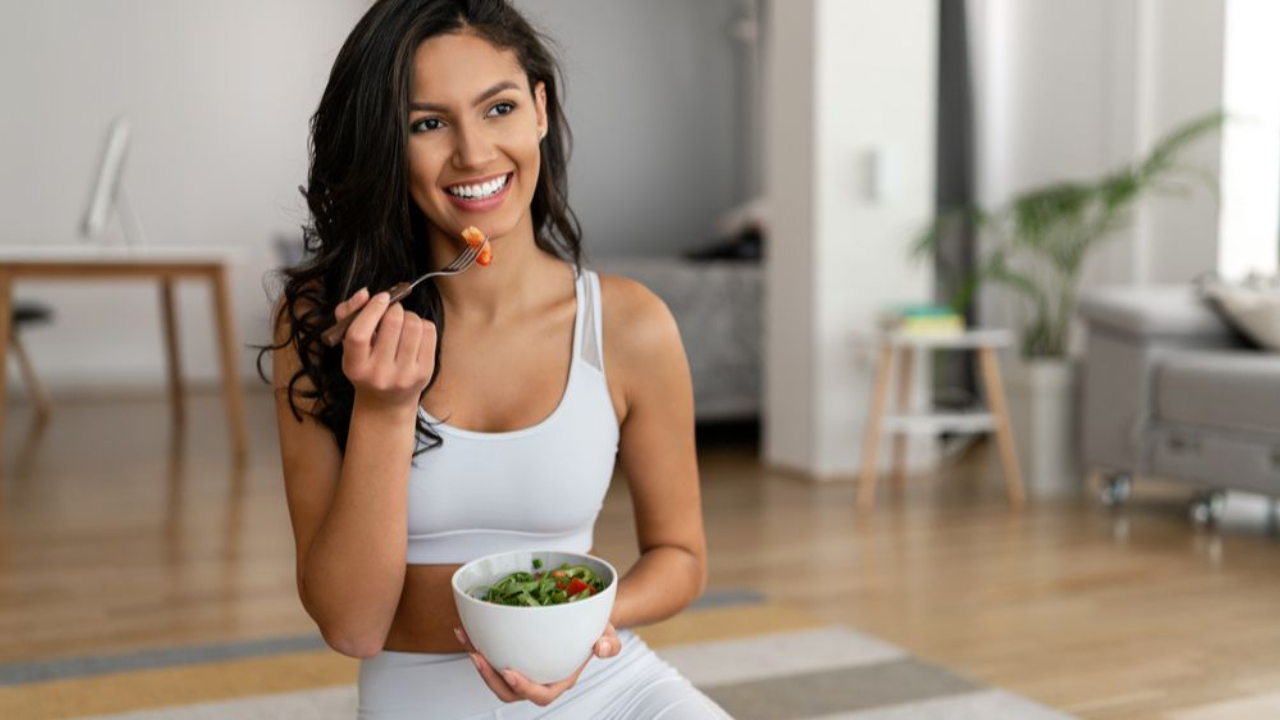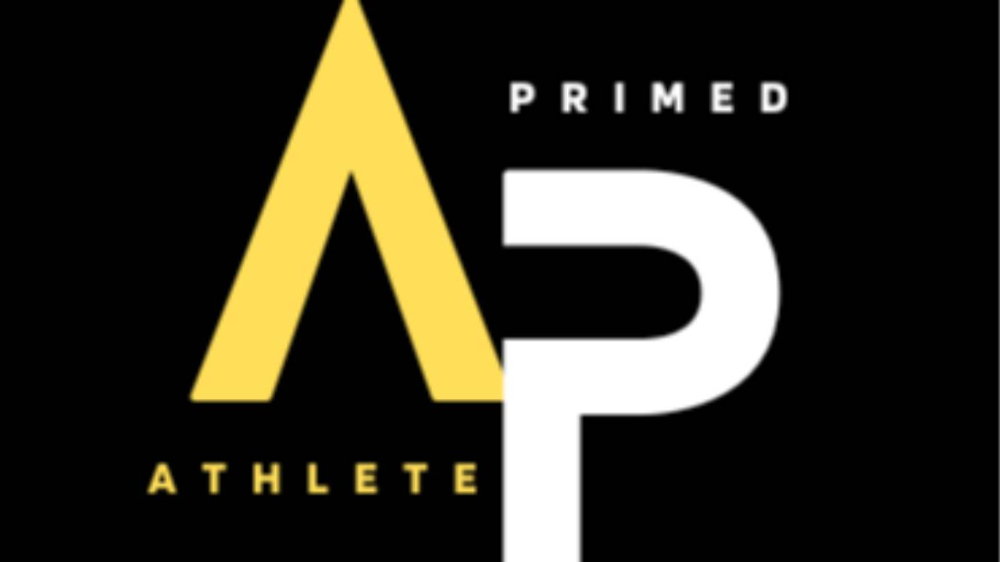Q&A: What’s the Best Nutrition for Injury Healing? (With Dr. Logan)

Injury recovery isn’t just about rest and rehab—it starts at your plate. What you eat can speed up healing, reduce inflammation, and help you come back stronger. Let’s break it down.
❓Q: What are the top nutrients I need when recovering from an injury?
A: Here are the big hitters:
-
Protein: Critical for tissue repair and preventing muscle loss during inactivity.
👉 Aim for 1.6–2.2 g/kg of body weight daily. -
Collagen + Vitamin C: Collagen supports tendon, ligament, and cartilage health.
👉 Take 15–20g collagen with 50mg+ Vitamin C 30–60 minutes before rehab or loading sessions. -
Omega-3 fatty acids: Help reduce inflammation and protect against excessive muscle loss.
👉 Found in fish (like salmon), walnuts, flaxseed, or high-quality supplements. -
Zinc & Vitamin A: Important for immune function and tissue regeneration.
👉 Get zinc from meats, seeds, and lentils; vitamin A from sweet potatoes, leafy greens, and eggs. -
Vitamin D & Calcium: Essential for bone healing and muscle function.
👉 Get vitamin D through sun + food (or supplement if deficient); calcium from dairy, greens, fortified products.
❓Q: Should I reduce calories since I’m less active?
A: Not necessarily. Healing is an energy-demanding process.
-
You may need fewer calories than peak training, but not a deficit.
-
Undereating slows recovery and increases muscle loss.
-
Instead, adjust your macros: slightly lower carbs, but keep protein and healthy fats high.
❓Q: What’s a sample recovery meal look like?
A: Here's a powerful healing plate:
🍗 Grilled salmon (protein + omega-3s)
🍠 Sweet potatoes (carbs + Vitamin A)
🥦 Steamed broccoli (fiber + antioxidants)
🥑 Avocado (healthy fat)
🥛 Glass of milk or fortified plant milk (calcium + Vitamin D)
Bonus: Add a collagen + Vitamin C shake 30 mins before physical therapy.
❓Q: Any snacks that help with healing?
Yes! Here are 3 go-to performance snacks:
-
Greek yogurt + berries + chia seeds
-
Boiled eggs + orange slices
-
Protein smoothie with collagen, almond butter, banana, and spinach
❓Q: Are supplements necessary?
A: Not always, but some are worth considering:
-
Collagen + Vitamin C (for tendon/ligament repair)
-
Omega-3 (if you don’t eat fish)
-
Vitamin D (especially if levels are low)
-
Creatine (can help reduce muscle loss during immobilization)
Always consult your medical team before adding new supplements.
Final Takeaway
💥 Food is your rehab fuel.
Recovery doesn’t stop when you leave the PT clinic—it continues at every meal. Smart nutrition can be the difference between a slow comeback and a strong one.

